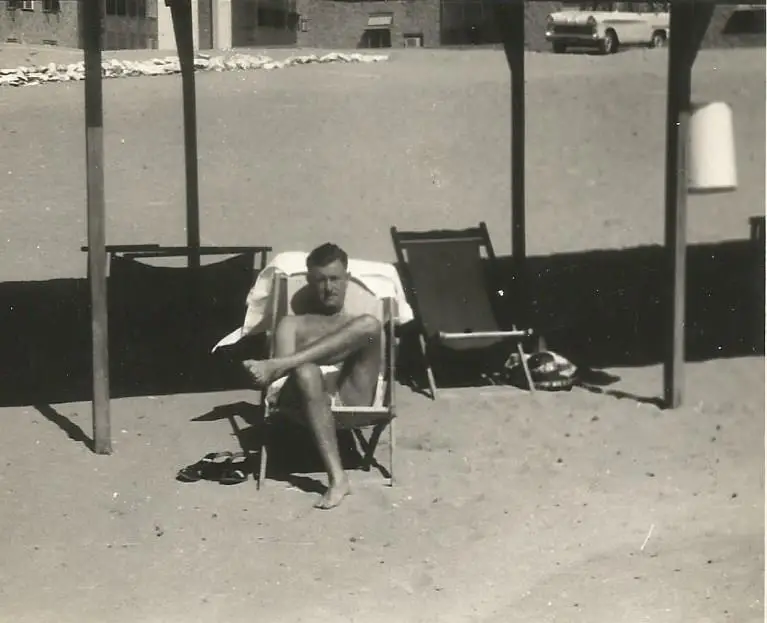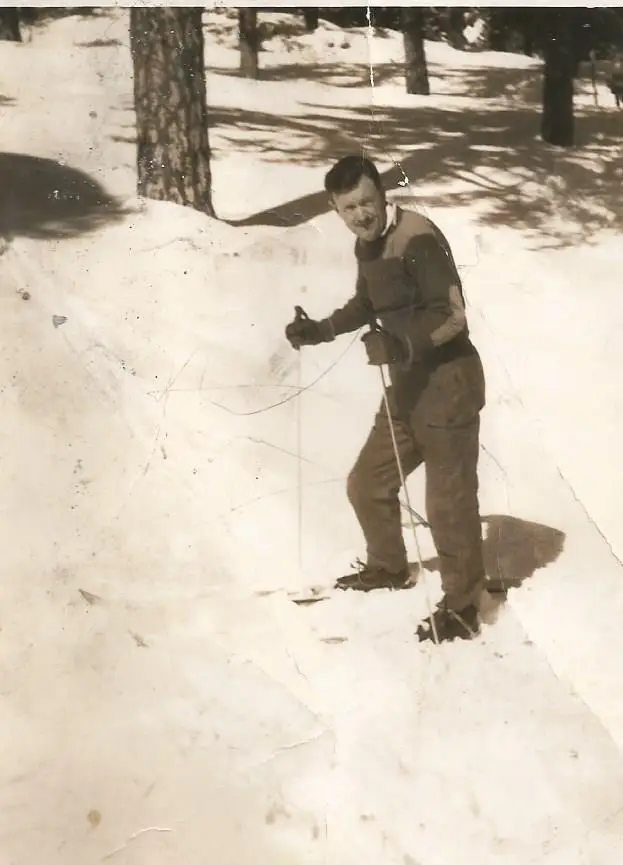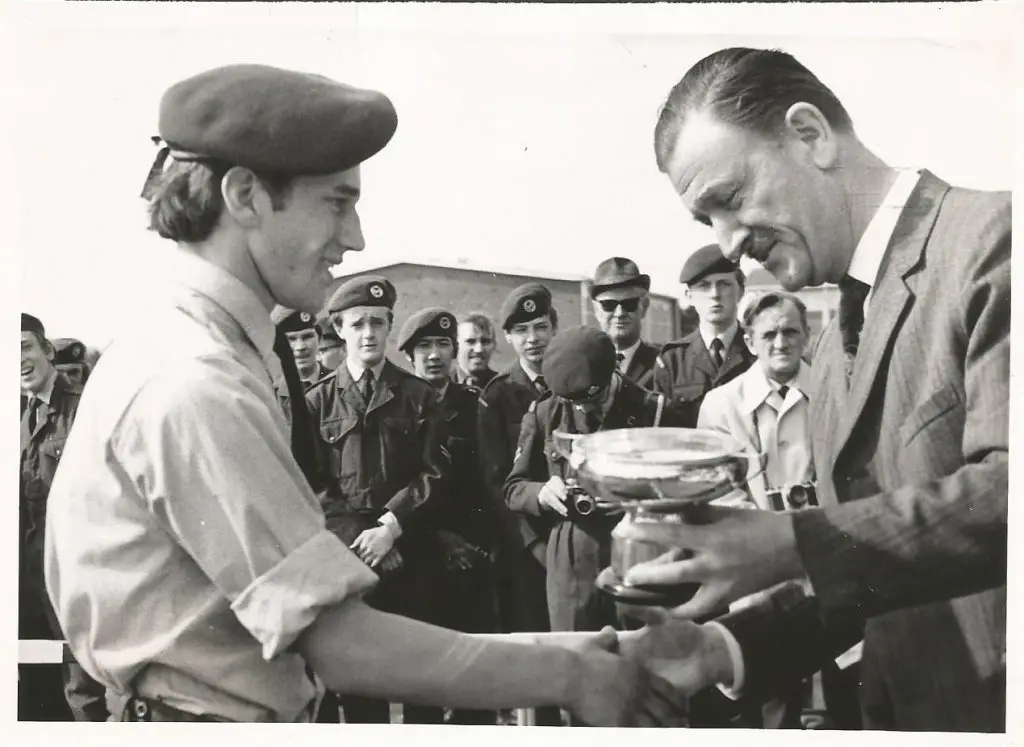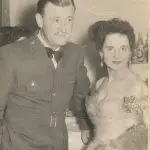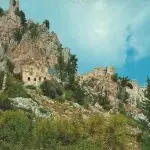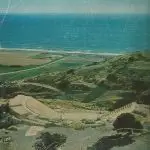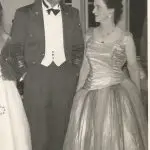Jim Henry - A lifetime's odyssey
RAF Career
Jim joined the RAF as a Squadron Leader just after the war. He served in parts of Africa and several places in the Middle East. When he retired in the 1970s, he’d reached the rank of Group Captain.
RAF Career
Relaxing RAF Style
While RAF medical centres are usually very busy places there was often time for some rest and relaxation.
While abroad, the warm waters of the Arabian and Mediterranean seas provided welcome breaks in summer, and in winter in Cyprus there was skiing on Troodos. During the height of summer, many took off up Mount Troodos for some cooler air and, say, pony trekking. In Aden there were horse and camel races.
In England there were sports days with all the usual sporting events for the airmen and some less serious ones eg, a Fathers’ Race in Wyton when even the CO, Gp/Capt Gordon Jones took time off from being in charge of Strategic Reconnaissance Forces to join in the fun.
When he was posted to Cyprus, rather than flying, Jim decided to drive through France and Italy to Brindisi and take the ferry from there. He and May had a great voyage through France and Italy. May loved Italy, particularly all the history, and the hairdressers, though they were slightly taken aback in a pension in Rome when the receptionist asked them, as they thought, if they were married. It was the “matrimonial bed” they were asked about. At the time they did not know that “matrimoniale” was just the word for a double bed.
During their time in Cyprus, Jim and May travelled extensively in the Middle East. Their great friend, now Air Marshal Sir Edward Gordon Jones, was CnC of the RAF Near East, and it was with him and his wife Marjory that they flew to Malta which May just loved. (“Tap” Gordon Jones was an interesting man. He had started in medicine but became a wartime pilot, flying bi-planes in Greece and Egypt and fighting the Vichy French in Syria.)
They travelled to Israel too, visiting all the holy sites.
Jim’s children were able to join their parents in Cyprus. Unforeseen political events had prevented them from going to either Rhodesia or Aden, despite having had the requisite jabs for those places.
One memorable sporting event in Cyprus was a hurling match between the Irish Army (on UN peacekeeping duty) and the Irish Guards, also known as “The Micks”. To hear an English colonel calling, “Come on the Micks” during a hurling match has to be heard to be believed.
Social life in the services can be quite hectic between cocktail parties, balls, dinner parties etc and if Jim’s children used to wonder that their parents didn’t socialise very much at home in Belfast, once they reached the age of attending these social events themselves, they soon realised why.
Concerts were performed in the Curium theatre in Cyprus and it was very easy to imagine ancient Romans in the place of RAF personnel, bringing cushions to sit on and picnics for the interval. One item on a certain musical programme was Tchaikovsky’s 1812 overture and, instead of canon, the RAF used tracer bullets which gave an interesting visual effect against the background of the Mediterranean Sea.
Jim and May also also flew over to the Holy Land and to Lebanon, “indulging” as it was called, where family could take RAF flights for little or nothing to various places. Sometimes the family took scheduled commercial flights but often they flew with the RAF from Lynham in Wiltshire. Once or twice the children arrived back in Lynham at night and an RAF bus would race along the roads to Reading where they could catch a train to London Heathrow in time for a flight to Belfast.
The seats in RAF planes face backwards and May, who was famous for falling asleep the minute a plane started to move, happened to look out the window and murmured sleepily, “I see they can take off backways now.” The RAF personnel thought it hilarious.
Jim loved Beirut, in fact he said it was his favourite city. Before all the unrest, it was a beautiful city and, of course has a fascinating history.
